Posts Tagged ‘National Reconciliation’ (41 found)
Statement of Ethnic Community Development Forum and the Customary Land Protection Committee Concerning Myanmar’s National Land Use Policy (Draft)
On November 1 and 2, 2014 representatives of more than 30 organizations of civil society and farmers networks came together in a workshop to review and analyze the draft national land use policy of Myanmar. […]
• • •Displaced Communities Await Political Dialogue in Myanmar
Bangkok/Yangon – As Myanmar’s government prepares to host the ASEAN Summit next week, conflict-affected communities are wondering if and how the peace process can get back on track. Negotiations for a nationwide ceasefire agreement are stumbling and national elections are due at the end of 2015. However, political dialogue to address ethnic conflict is essential to promote national reconciliation according to a new report from a consortium of relief and development agencies. […]
• • •နိုဝင္ဘာ ၁ ၊ ၂၀၁၄ ေန႔စြဲျဖင့္ အစိုးရထုတ္ သတင္းစာမ်ားတြင္ ပါရိွသည့္ ‘နုိင္ငံေရး အက်ဥ္းသားမ်ား ကူညီေစာင့္ေရွာက္ေရးအသင္း (AAPP)ႏွင့္ နုိင္ငံေရး အက်ဥ္းသားေဟာင္းမ်ားအဖြဲ႔ (FPPS) တုိ႔၏ တင္ျပမႈအေပၚ စိစစ္ခ်က္အရ အျခားျပစ္မႈ က်ဴးလြန္ခဲ့သူ ျပစ္ဒဏ္က်ခံဆဲ (၂၇)ဦး အမည္စာရင္း’ ထုတ္ျပန္ခ်က္ အေပၚ သေဘာထားေႀကညာခ်က္
နုိင္ငံေရး အက်ဥ္းသားမ်ား ကူညီေစာင့္ေရွာက္ေရးအသင္း (AAPP) ႏွင့္ နုိင္ငံေရး အက်ဥ္းသားေဟာင္း မ်ားအဖြဲ႔(FPPS) တုိ႔သည္ စတင္တည္ေထာင္ခ်ိန္မွစ၍ နိုင္ငံေရး အက်ဥ္းသား တစ္ဦးခ်င္းစီ၏ အမႈျဖစ္စဥ္မ်ား၊ အမႈတြဲဖိုင္မ်ား၊ စီရင္ခ်က္ မ်ားကို ရနိုင္သမွ် ေလ့လာစစ္ေဆး သံုးသပ္ျပီး၊ မိမိတို႔ ဖြင့္ဆုိထားသည့္နုိင္ငံေရး အက်ဥ္းသား အဓိပၸါယ္ ဖြင့္ဆိုခ်က္ႏွင့္အညီ နုိင္ငံေရးအက်ဥ္းသား စာရင္းကို ျပဳစု ခဲ့ျခင္းျဖစ္သည္။ […]
• • •ရွမ္းတိုင္းရင္းသားမ်ား ဒီမိုကေရစီအဖြဲ႔ခ်ဳပ္၏ ပါတီတည္ေထာင္ျခင္း (၂၆)ႏွစ္ျပည့္ ထုတ္ျပန္ေၾကညာခ်က္
• • •Joint Statement of Karen Women’s Groups in Support of the Reunification of the Kawthoolei Armed Forces (KAF)
The Karen Women’s Organization (KWO), Karen Women’s Empowerment Group (KWEG) and Karen Women’s Union (KWU) welcome the announcement, on October 13th, 2014, of the Karen armed resistance groups coming together under the name of “Kawthoolei Armed Forces (KAF)”. The alliance of 4 Karen armed forces meets the long held desire of Karen people everywhere, especially of Karen women. We believe this is an opportunity for both peace building, and improved co-operation which can help reduce violence against women […]
• • •Myanmar: UN Chief Urges Country to Move beyond ‘Narrow Agendas’ and towards Cooperation
Myanmar has shown progress in areas of socio-economic development, national reconciliation and democratization, Secretary-General Ban Ki-moon confirmed today, while also warning that the Asian country still faced “critical hurdles” as it approached its impending elections […]
• • •In Pursuit of Justice: Reflections on the Past and Hopes for the Future of Burma
Since 2011, Burma has begun to emerge from 50 dark years of dictatorship. Now, under President Thein Sein’s nominally civilian government the possibility has arisen for Burma to begin rebuilding and reconciling divided segments of the nation, and to provide justice to victims for decades of human rights abuses.
Burma’s minority ethnic communities have experienced grave human rights abuse at the hands of the SPDC regime and its strong arm of the Burmese military, or Tatmadaw. In order to transition successfully towards true democracy and national reconciliation, the Burmese government must address, and act upon, the specific needs expressed by victims of past abuse, documented and expounded herein, in order to move away from the abusive culture of the past towards a united future.
Within this report you will find a detailed history of Burma’ ethnic conflict, how that conflict has been sewn into the very fabric of the SPDC regime’s ideology and governing strategy, and ways in which the Tatmadaw has implemented the regime’s strategy by crippling livelihoods, physically and mentally abusing, and destroying the security of Burma’s minority ethnic communities […]
• • •
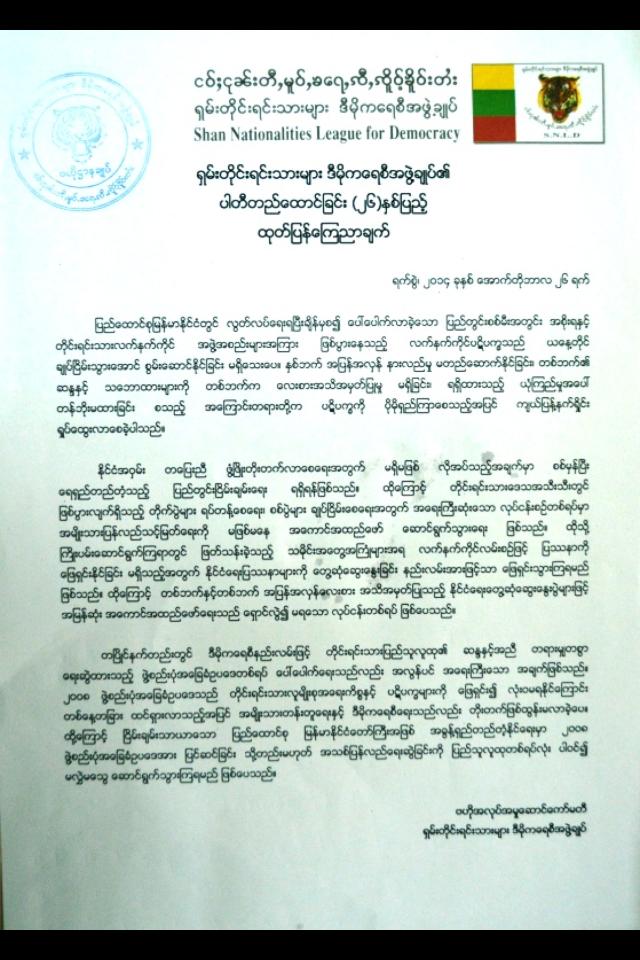
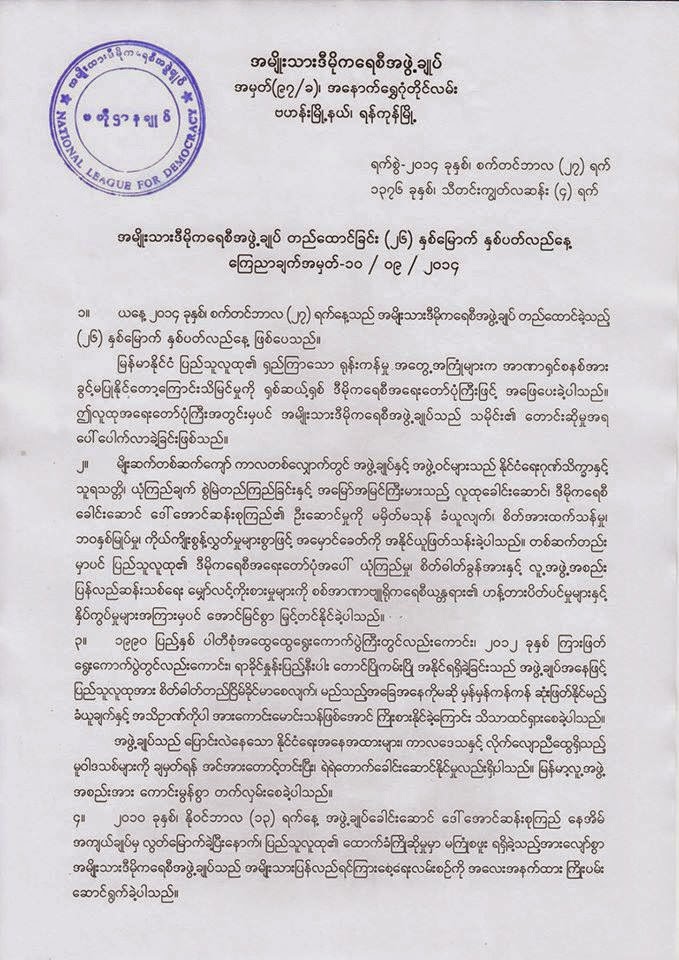
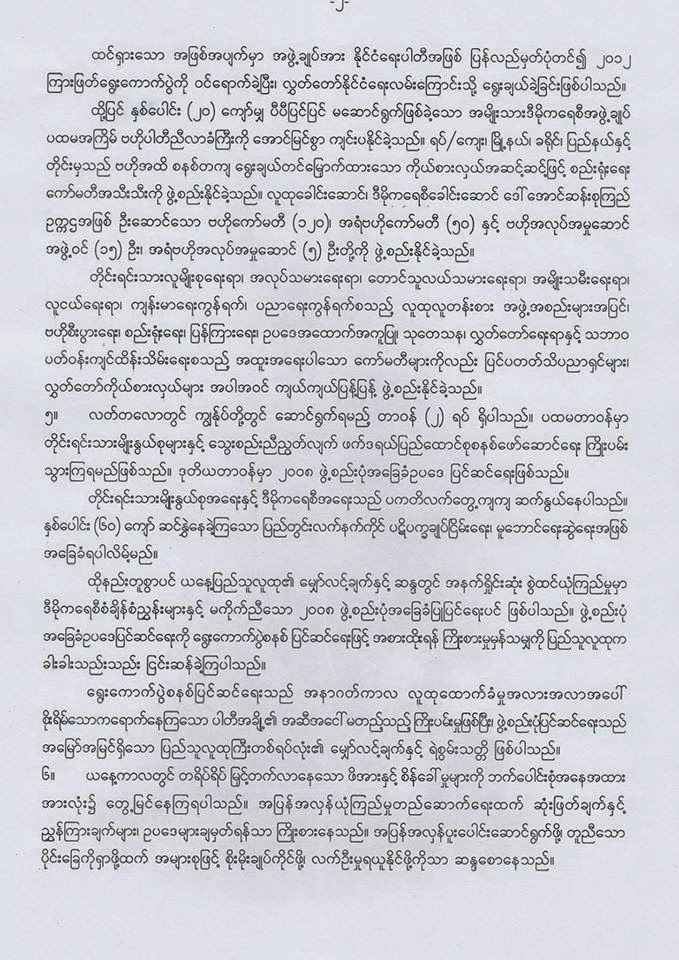
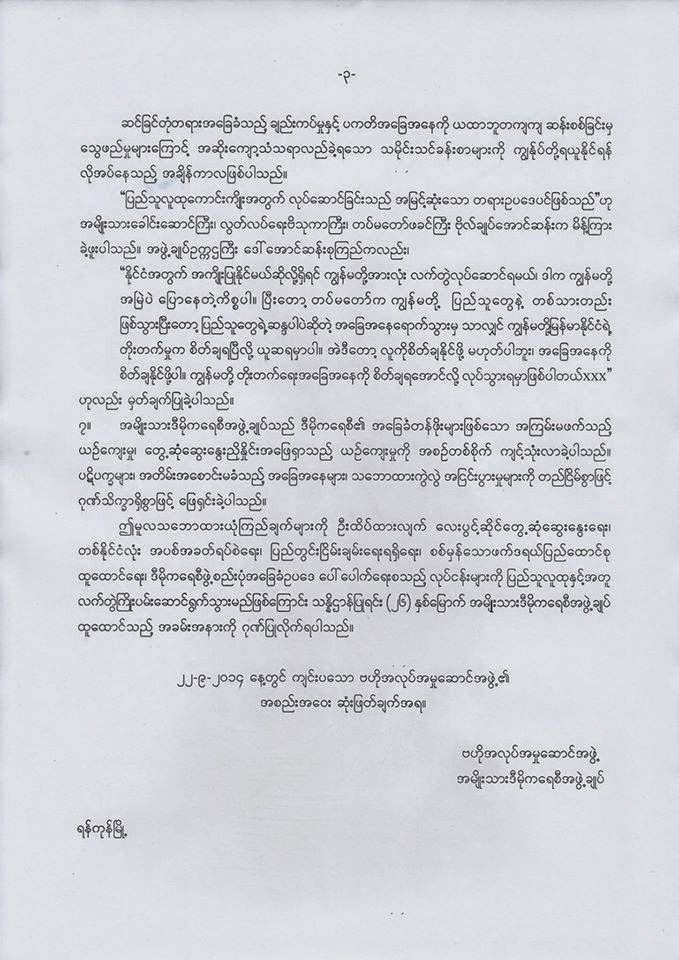
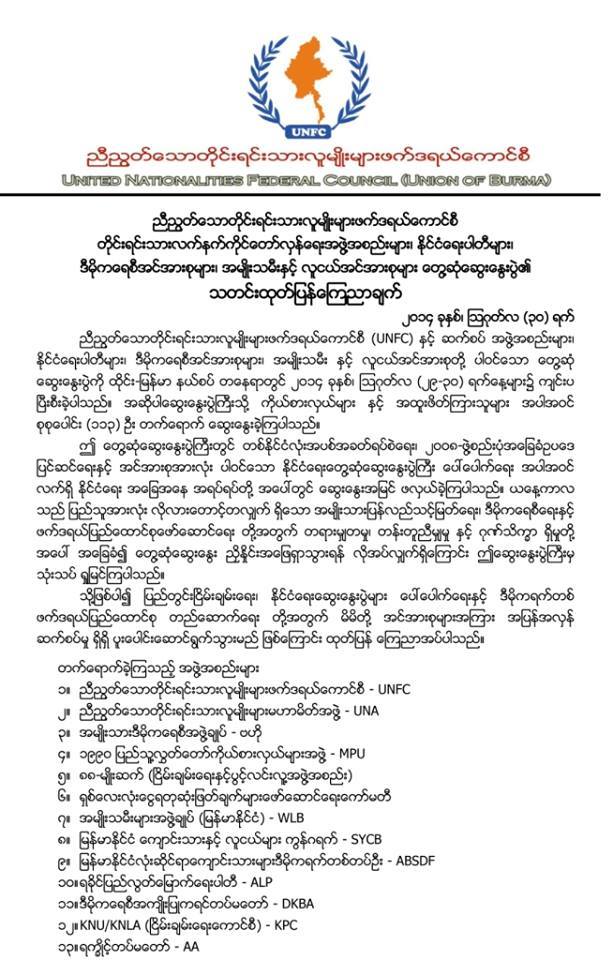
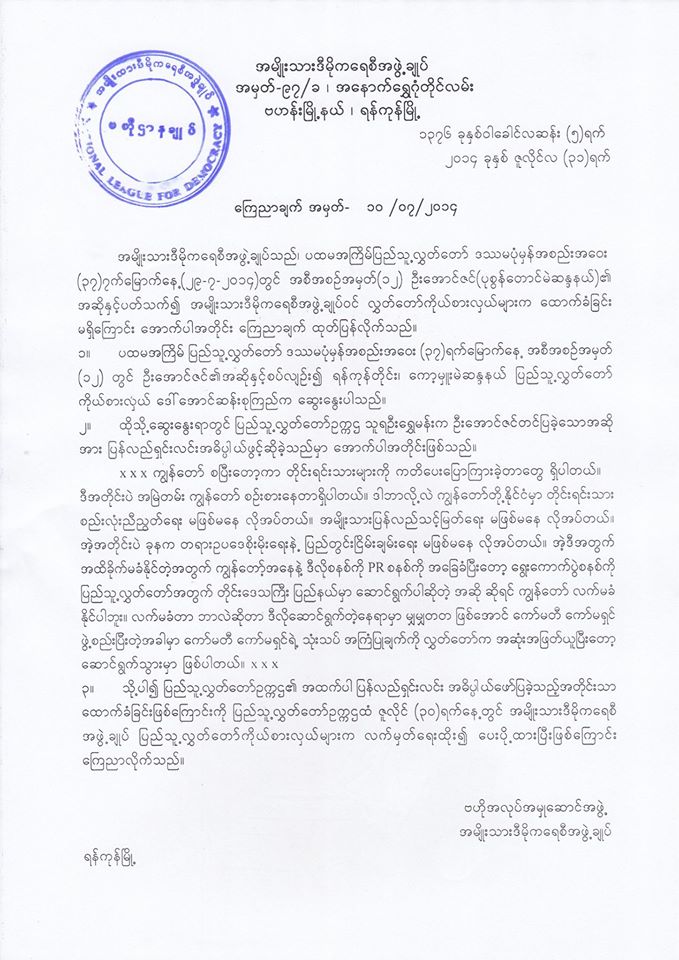
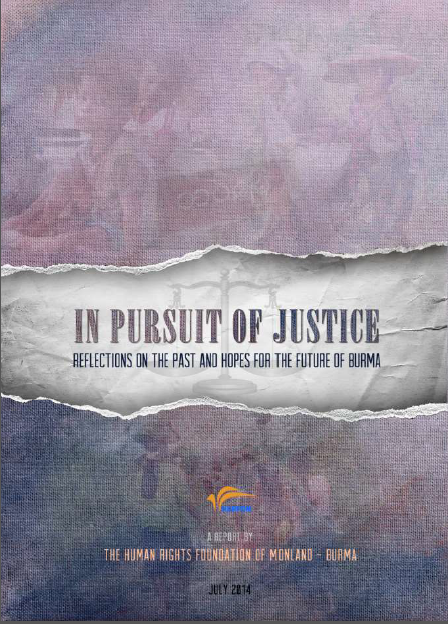








 All posts
All posts